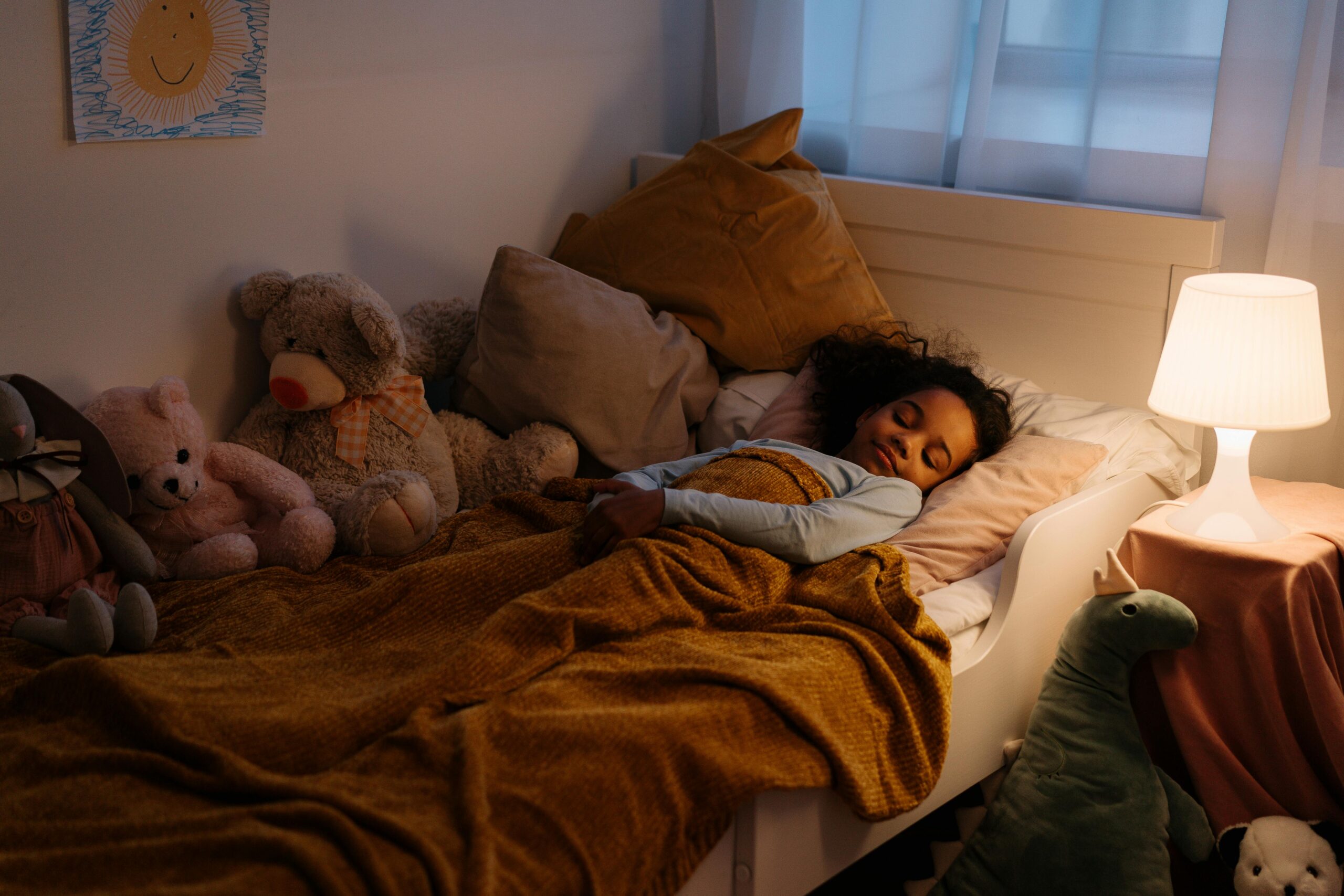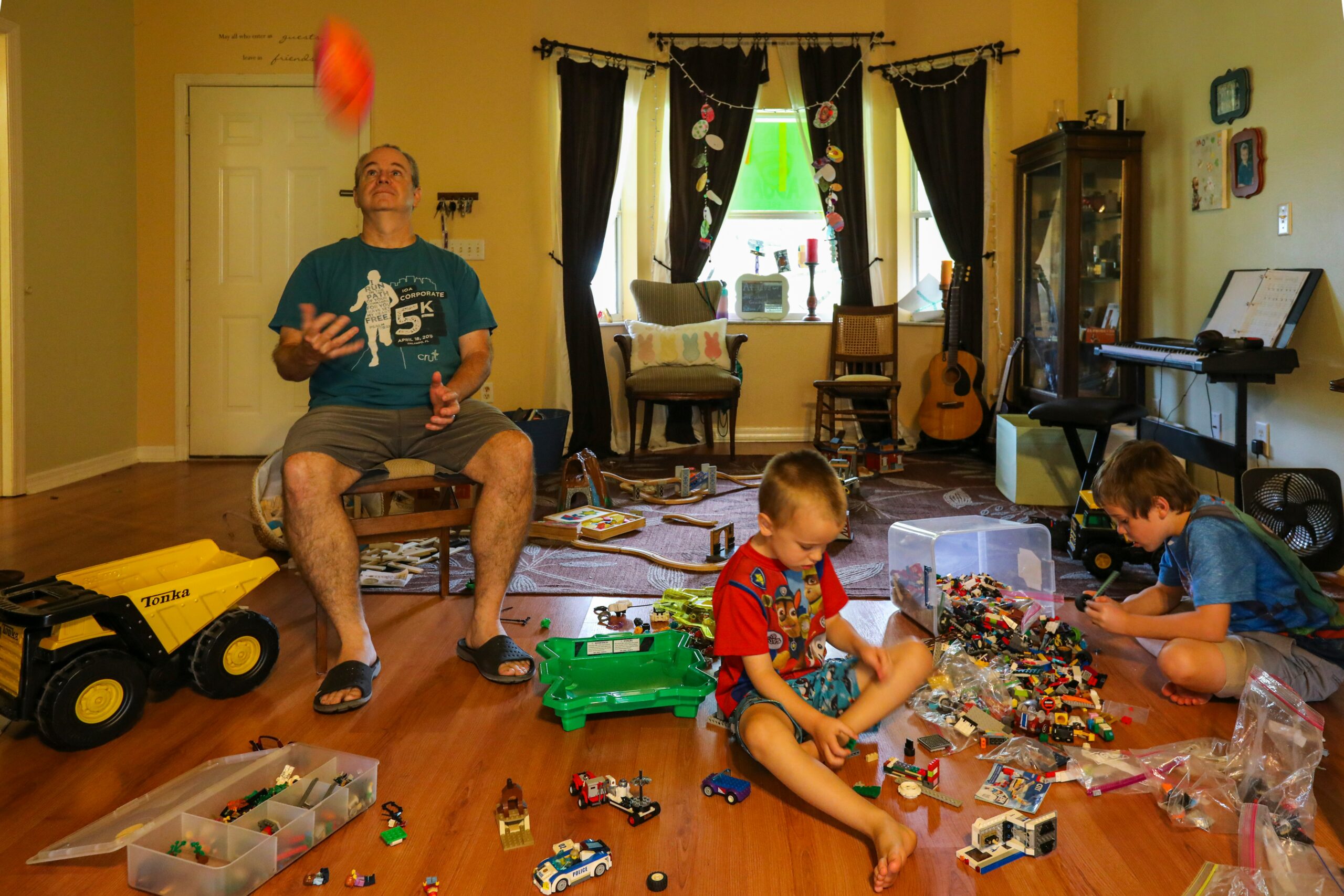
Sleep Struggles: 5 realistic tips to help your kids sleep more
We’ve seen firsthand how a pet can transform family life, but what’s especially fascinating is how the lessons our kids learn shift as they grow. Whether your child is a toddler, a school-ager, or a teen, the experience of caring for an animal offers unique opportunities for growth, responsibility, and connection.







